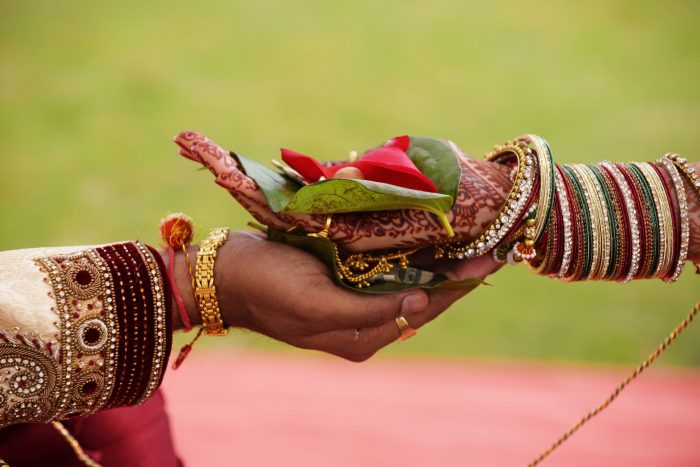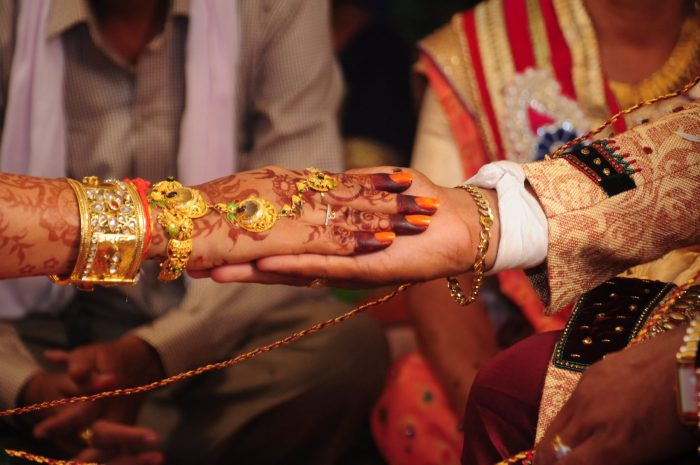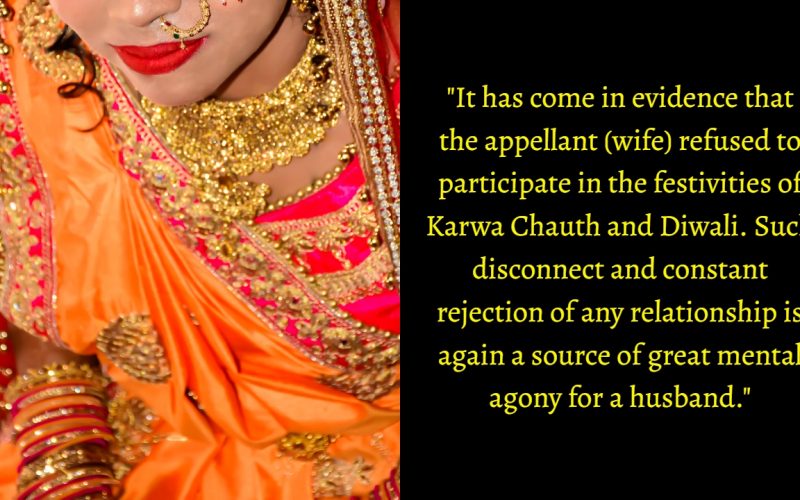In Indian society, the festival of Karwa Chauth holds immense significance for married women. A lot of women fast from sunrise to moonrise for the well-being of their husbands. Of course, it is a voluntary choice made by women and not all of them are under the compulsion to fast as it does not have any formal consequence. However, the Delhi High Court recently insinuated that a married woman not fasting on Karwa Chauth is a form of rejection of her marital relationship.

The Delhi High Court was hearing a plea of a woman against a family court’s decision to grant her husband divorce from her. The woman got married to the man in 2011 and their marriage was allegedly problematic since the beginning. According to Indian Express, the woman left her marital home a few days after marriage because of “incompatibility” and “non-adjustment”.
The husband and wife did not have any kind of emotional relationship. The woman apparently threatened him that she would commit suicide. She had accused them of demanding dowry and harassment, all of which were insubstantial as the court found.
In their judgement, the court mentioned that the wife refused to fast on Karwa Chauth or participate in any rituals on Diwali which caused immense mental agony to the husband.
“It has come in evidence that the appellant (wife) refused to participate in the festivities of Karwa Chauth and Diwali. The respondent (husband) in his testimony had deposed that she had even refused to keep the fast of Karwa Chauth by asserting that she considered (name of another man) as her husband and she had been forced into marriage with the respondent by her parents against her wishes. Such disconnect and constant rejection of any relationship or non-acknowledgement of the respondent as a husband is again a source of great mental agony for a husband,” the court observed.

They granted the man divorce citing the immense “mental suffering, pain and cruelty” his wife caused him.
What are your views on this judgement?




